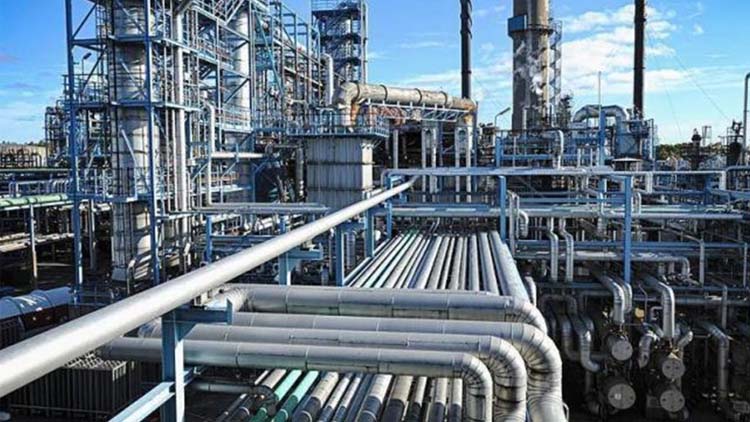
In a bold move to transform Nigeria’s fuel industry, the Federal Government has issued new licenses to multiple companies for establishing and operating refineries across the country. This initiative is expected to bolster Nigeria’s domestic fuel production, stabilize energy supplies, reduce reliance on imported petroleum products, and potentially lower fuel costs for consumers. Officials are optimistic that by enhancing local refining capacity, the country can mitigate its long-standing energy crisis, which has been exacerbated by import dependency and high transportation costs for foreign petroleum products.
The Nigerian Midstream and Downstream Petroleum Regulatory Authority (NMDPRA) confirmed the issuance of licenses to 1,199 facilities within the downstream sector. These facilities, once operational, will significantly contribute to national refining capacity. Among the highly anticipated projects is the Dangote Refinery, which, with a processing capacity of 650,000 barrels per day, is set to be one of the largest refineries in the world. The Dangote Refinery is expected to receive its full operating license soon, positioning it as a major supplier of refined petroleum for Nigeria and other West African countries.
This expansion in refining capability is central to Nigeria’s broader goal of energy self-sufficiency, a target that would reduce the country’s vulnerability to global oil price fluctuations and import costs. According to government officials, the new regulatory framework not only facilitates increased crude oil production but also promotes local refinery efficiency, ensuring access to consistent crude supplies. These measures are projected to stabilize and, over time, lower domestic fuel prices, providing significant relief to Nigerian consumers.
Beyond immediate energy needs, this strategy aligns with Nigeria’s ambition to become a regional energy hub, capable of exporting refined products across West Africa.




